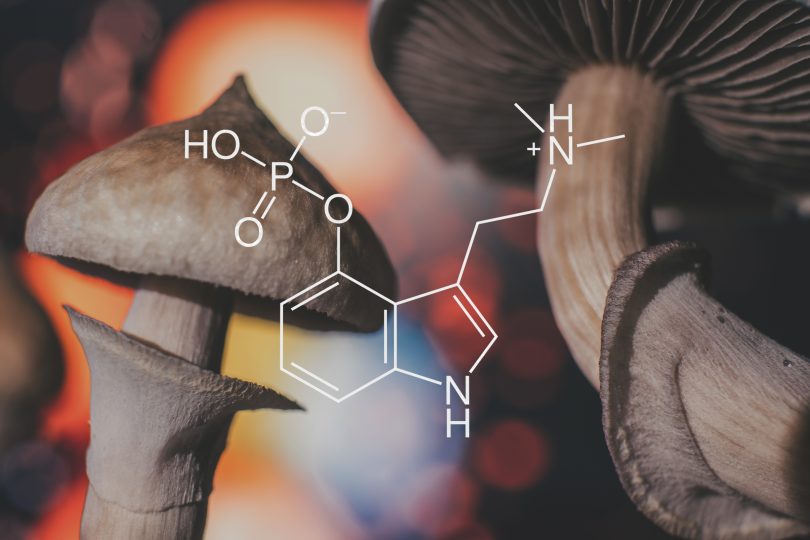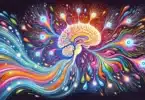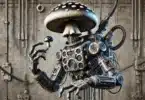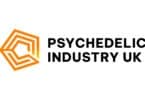While cannabis is slowly creeping out of the shadows to be the new pharmaceutical darling, another class of drugs is patiently waiting its turn. Psychedelics have already shown great promise in the past for help with neural issues, and now evidence demonstrates just how magic mushrooms can help heal the brain, according to a new Yale study.
How cool is it to think that magic mushrooms can actually help heal your brain? Just as cool as it is to think that cannabis can quell your anxiety, or stop your tremors. We don’t know all the benefits of psychedelics, but we sure know a lot of the benefits of cannabis at this point, and both drug classes are highly promising. With cannabis, just like psychedelics, there are tons of options, and one of the best these days is delta-8 THC, since it gets around the issue of causing anxiety, fogging up the brain, and couch locking a person. With delta-8, the high is less intense, and more energetic, making this beneficial for many users. Check out our array of Delta 10, THC-O, THCV & delta-8 THC deals, and keep your ears open for the real start of the medical psychedelics industry.
Subscribe to the Psychedelics Weekly newsletter below:
What are psychedelics?
Psychedelics are a subclass of hallucinogenic drugs, which themselves are a type of psychoactive drugs. Whether made in a lab, like LSD, or produced by nature, like peyote, hallucinogens are known for creating a certain kind of experience. As per the name, the whole idea is that the experience encompasses things that do not actually exist. A person on hallucinogens is likely to see, hear, feel, smell, and taste things that are not there.
Beyond the actual hallucinations, these drugs are also known for promoting feelings of connectedness between people and with the universe, bringing a sense of spirituality to the user, feelings of euphoria, and an overall sense of wellbeing. While most research indicates the general safety of these compounds (despite ongoing government smear campaigns), dosing is incredibly important, with larger than necessary doses sometimes leading to a ‘bad trip’ in which the user experiences negative feelings and hallucinations, often accompanied by physical symptoms, like an irregular heartbeat, dizziness, chills, and nausea.
Psychedelics – for the most part – are globally illegal, having been put in Schedule I of the Convention on Psychotropic Substances 1971, a UN treaty meant to regulate the production and consumption of psychoactive substances. Each country has its own code, as well, with different countries allowing different things. Sometimes an individual country breaks with the Convention, and sometimes the laws can be confusing.
THC-O Acetate: Psychedelic and three times more potent han Delta 9 THC
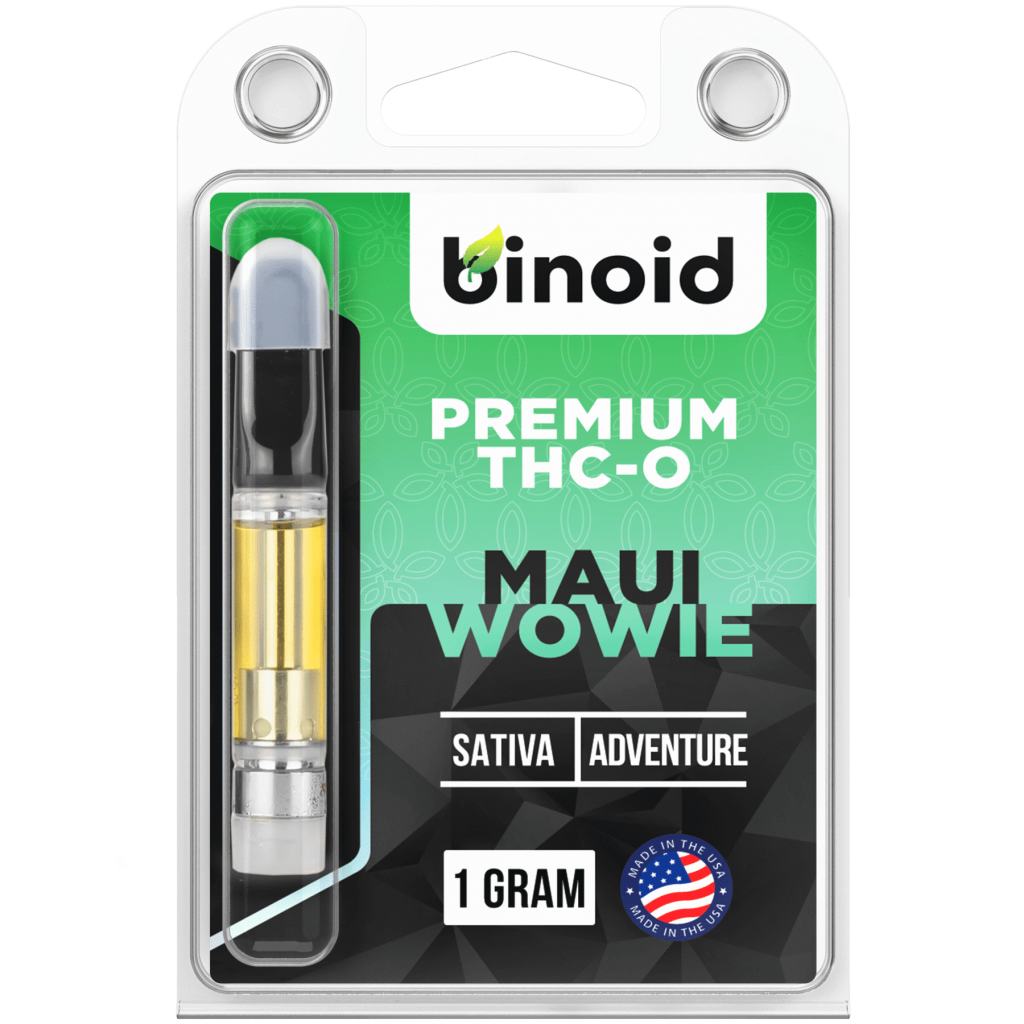
THC-O Vape Cartridge Maui Wowie
Click HERE to see the best THC-O products
Take magic mushrooms, for instance. While the two main psychedelic components are generally stated as illegal – psylocibin and psilocin, the mushrooms themselves are often perfectly legal, creating a bit of a conundrum. This was exemplified in September of 2001 when the Secretary of the Board for the INCB – the organization which monitors how UN drug treaties are implemented, made the following statement to the Dutch Ministry of Health:
“As a matter of international law, no plants (natural material) containing psilocine and psilocybin are at present controlled under the Convention on Psychotropic Substances of 1971. Consequently, preparations made of these plants are not under international control and, therefore, not subject of the articles of the 1971 Convention.”
How do magic mushrooms heal the brain?
There has been more research into psychedelics than most people are aware of, and I’ll get into it soon. But let’s start with what just came out. In February, 2021, Yale researchers put out this study: Psilocybin induces rapid and persistent growth of dendritic spines in frontal cortex in vivo, which was published in the journal Neuron in July, 2021.
The study was not on humans, but used mice, and investigated through chronic two-photon microscopy, the apical dendritic spines, in medial frontal cortex neurons. The basic translation of this, is that the scientists used imaging to look at one type of dendrite (from which neurotransmitters are fired) in a part of the front of mouse brains.
Here’s what they found. After one dose of psilocybin, the spines of the mice increased by 10% in size and density. This was motivated by an increased formation rate of the spine, and happened in an astonishing 24 hours! Not only that, changes were still valid one month after administration of the psilocybin. This is truly amazing in and of itself, but there was another benefit. The psilocybin worked to improve behavioral deficits related to stress, as well as dealing with increased excitatory neurotransmissions. This means that behavioral issues related to stress were minimized, and over-firing neurons were quieted. The gist of it, is that the study results show how psilocybin can help rewire the brain in the cortex, and how it can do so very quickly, and with lasting results.
Associate professor of psychiatry, and neuroscience, Alex Kwan, who was also the senior author of the study, said “We not only saw a 10% increase in the number of neuronal connections, but also they were on average about 10% larger, so the connections were stronger as well.” He went on to say, “It was a real surprise to see such enduring changes from just one dose of psilocybin… These new connections may be the structural changes the brain uses to store new experiences.”
The FDA and breakthrough therapies
Not only are magic mushrooms being studied for their ability to help heal the brain, but they are seemingly so effective for issues like major depression, that the US Food & Drug Administration earmarked psilocybin as a breakthrough therapy in 2019. A ‘breakthrough therapy’ is defined as a: “drug that treats a serious or life-threatening condition and preliminary clinical evidence indicates that the drug may demonstrate substantial improvement on a clinically significant endpoint(s) over available therapies.”
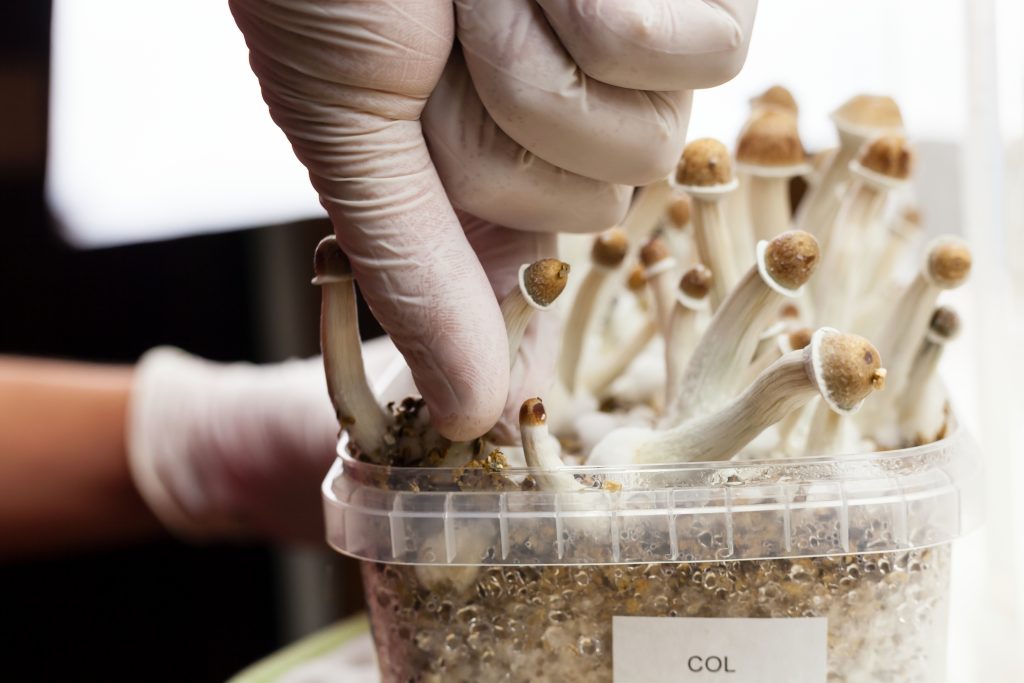
This designation is literally meant to spur on research so that products can get to market. Now, consider that the FDA is a US governmental agency, that just earmarked a Schedule I substance in order to get products out faster. Kind of sounds like the US isn’t that much against it, so long as it’s a pharmaceutical product. Considering MDMA was similarly earmarked in 2017 for use with PTSD, anyone who actually believes these drugs will remain illegal, is not paying attention to what’s going on. As soon as there is a product to be sold pharmaceutically, these compounds will be legalized. And we know this because the government is already pushing for it through the FDA.
Is all of this new information?
Not. At. All. The idea that psychedelics can be beneficial has been known since the mid-1900’s when LSD was studied for its ability to help with addiction, anxiety, depression, and psychosomatic diseases, with a particular focus on helping hardcore alcoholics stop drinking. And it seemed to do pretty well for alcoholism in particular, especially as a part of psychedelic assisted therapy, or therapy that involves the use of a psychedelic drug during the therapy session, with guidance from the psychiatrist.
This was exemplified by the work of Humphrey Osmond and the Saskatchewan trials in Canada in the 50’s and 60’s, in which it was consistently found over a decade of time, that approximately 40-45% of test subjects could abstain from drinking for at least a year, after LSD treatment.
This was mirrored around that same time in the UK by Ronald Sandison, who published a study in 1954 with his findings of how LSD helped with a full or partial recovery of nearly every one of the 36 psychoneurotic test subjects used. Sandison had a slightly different method than Osmond, though both methods can likely be used optimally in different situations. Whereas Osmond’s research centered around giving patients one big dose of LSD, Sandison’s model was for multiple smaller doses to be given over time.
Several other studies came out during the 1950’s-70’s, mainly centered around LSD. Of course, that all stopped in 1968 with the Staggers-Dodd bill in the US, which formally illegalized both LSD and psilocybin. This was followed within a few years by the Convention on Psychotropic Substances, making both compounds illegal worldwide.
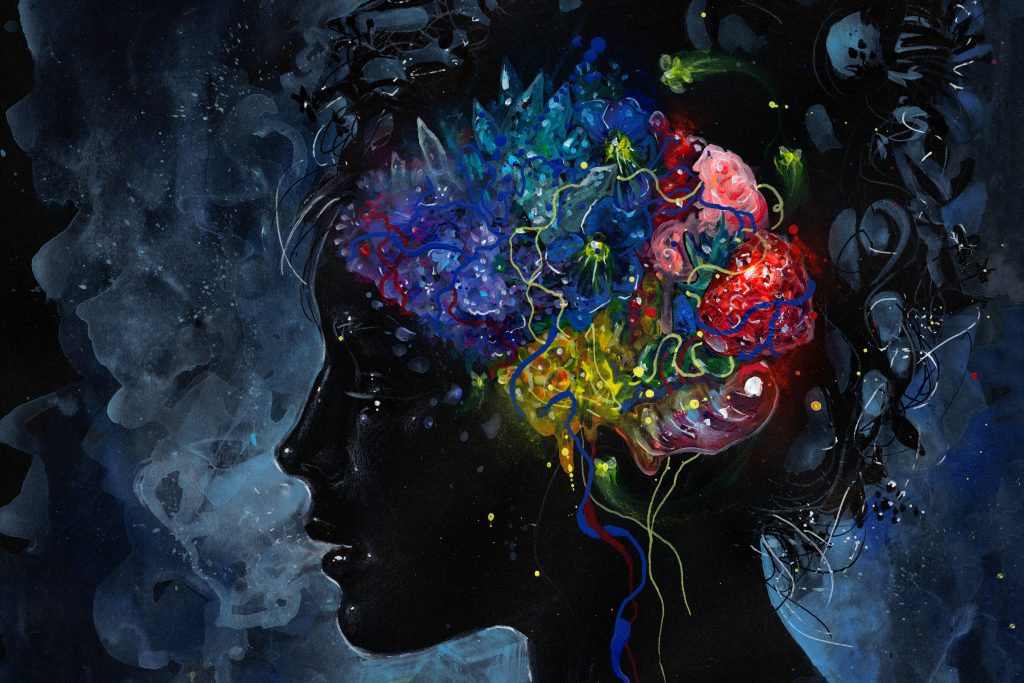
The Staggers-Dodd bill came into play years after smear campaigns were started, much of which was meant to simply drive attention away from the Vietnam war, and the senseless violence being played out on the backs of the Vietnamese, and paid for with US tax dollars. This demonization was made clearer in 1994 when John Ehrlichman, the former Assistant to the President for Domestic Affairs under Nixon, made this statement:
“The Nixon campaign in 1968, and the Nixon White House after that, had two enemies: the antiwar left and black people. You understand what I’m saying? We knew we couldn’t make it illegal to be either against the war or black, but by getting the public to associate the hippies with marijuana and blacks with heroin, and then criminalizing both heavily, we could disrupt those communities. We could arrest their leaders, raid their homes, break up their meetings, and vilify them night after night on the evening news. Did we know we were lying about the drugs? Of course, we did.”
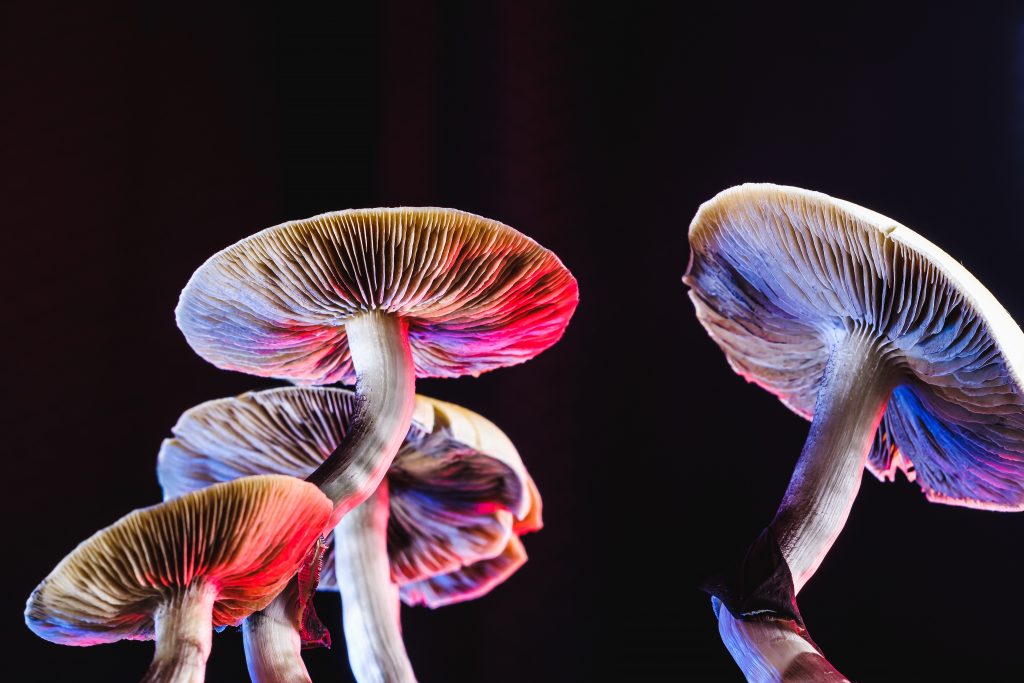
Magic Mushrooms & Your Brain: Conclusion
That psilocybin will be legalized soon, might not be a direct fact, but it sure seems likely. After all, how often does a US government agency work to get research done and products made, without a plan to sell them. In that sense, it is a sure thing, so long as nothing weird – or political – happens to change the trajectory. Not only will psilocybin and MDMA likely be legalized in the next few years, but with all the information on how compounds like psilocybin from magic mushrooms can heal the brain, it will also fully disrupt the current model of mental illness, and the current pharmaceutical model of anti-depressants.
Translation? Within a few years, you’ll probably be prescribed psilocybin to treat your major depression, over anything else. This is where things are going, and it’s not likely to change course right now.
Hello there! Welcome to CBDtesters.co, your best online spot for the most thought-provoking and relevant cannabis and psychedelic-related news globally. Read-thru the site frequently to stay on top of the ever-changing world of legal drugs, and sign up for our newsletter, so you never miss a story.
Disclaimer: Hi, I’m a researcher and writer. I’m not a doctor, lawyer, or businessperson. All information in my articles is sourced and referenced, and all opinions stated are mine. I am not giving anyone advise, and though I am more than happy to discuss topics, should someone have a further question or concern, they should seek guidance from a relevant professional.

